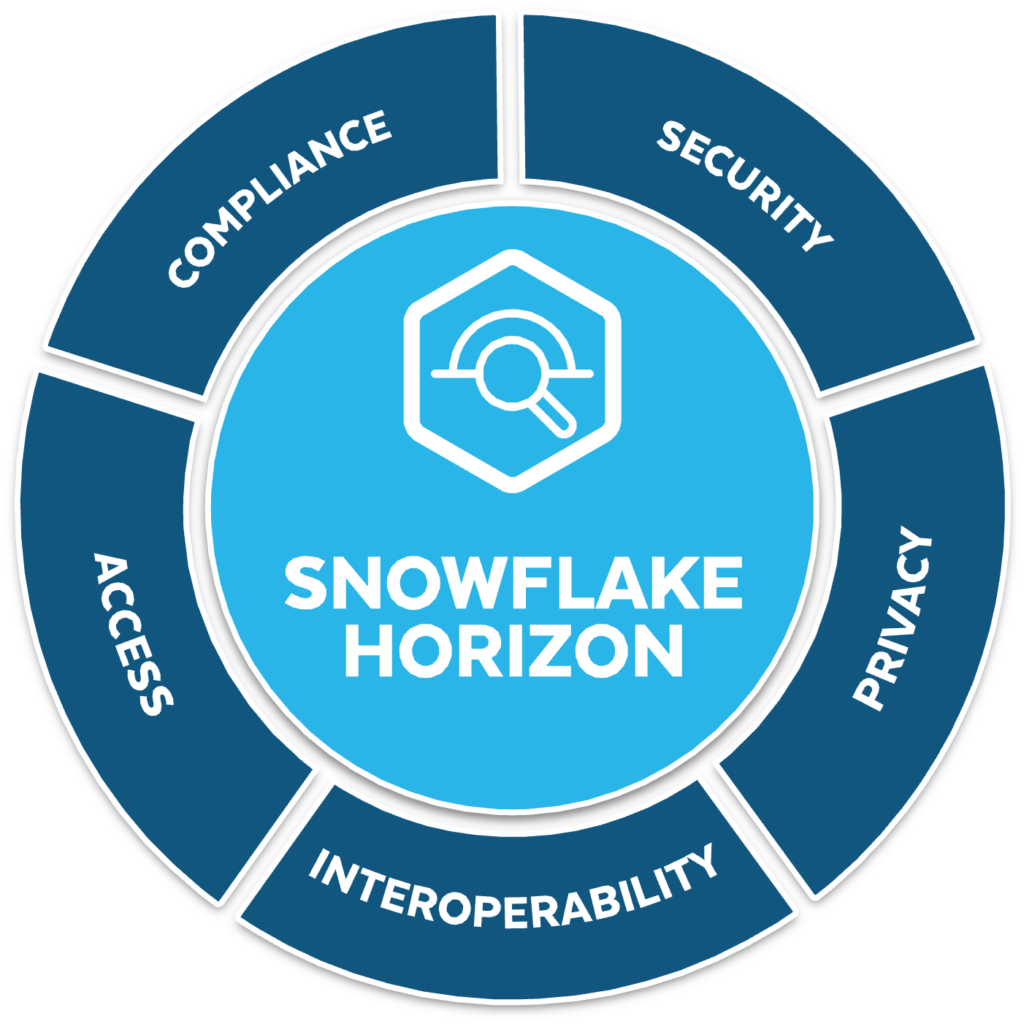A Clinical Data Repository is a database or data warehouse where health data, generally with a granularity around each patient, is consolidated from multiple sources to provide health professionals an organized way to analyze the data and create reporting. The information stored in these repositories can be structured (for example, in some lab results, demographics, etc.) or unstructured (for example, image-based diagnostic systems like MRIs or radiology images).
Clinical Data Repositories are built to support multiple uses. Therefore, they require different datastore technologies for operation (such as data lakes and data warehouses). Clinical data repositories are also highly regulated with regulations like HIPAA and Hitrust.
Databases used as clinical data repositories must manage concurrent queries required to build reports for different applications and departments. Such queries can be, for example, each of the various medical specializations associated with the specific health center, which can be complicated in case the database has not been optimized to process and store these different types of data in an easy and manageable way. Sometimes, the poorly defined data structure of database schema might lead to IT professionals’ need to pull and update the database manually.
Clinical Data Repositories should provide real-time insights as a unified view of the multiple consolidated sources of information and facilitate medical professionals to access single user (in this case, patient) data. Here are some examples of intensive use of these kinds of data repositories:
- Admission and discharge departments. Such departments are handling aggregate information from various departments.
- Image diagnostic departments are receiving requirements from other departments to schedule new appointments automatically.
- Pathology and laboratory departments are receiving samples to process and match with other data.
Providing these results and interactions in a timely and correct manner is critical as human lives depend on this. Therefore, the need to maintain and ensure that the delivered data is accurate and delivered as soon as possible.
These Clinical Data Repositories can also be used in applications that require medical data mining. Medical data mining refers to gathering specialized health data to be used in medical applications that seek to understand relationships and patterns between different pathologies.
The study of these relationships is generally used in the development of new pharmaceuticals. It is also used as a valuable asset in the development of new ways to improve patient care.
One final but critical aspect of these repositories is that organizations should store the information with the proper security and compliance measures to ensure no security vulnerabilities that attackers can exploit, given the sensitive nature of the data.
Cloud Data Security with Satori
Satori, The DataSecOps platform, gives companies the ability to enforce security policies from a single location, across all databases, data warehouses and data lakes. Such security policies can be data masking, data localization, row-level security and more.
Learn more:



